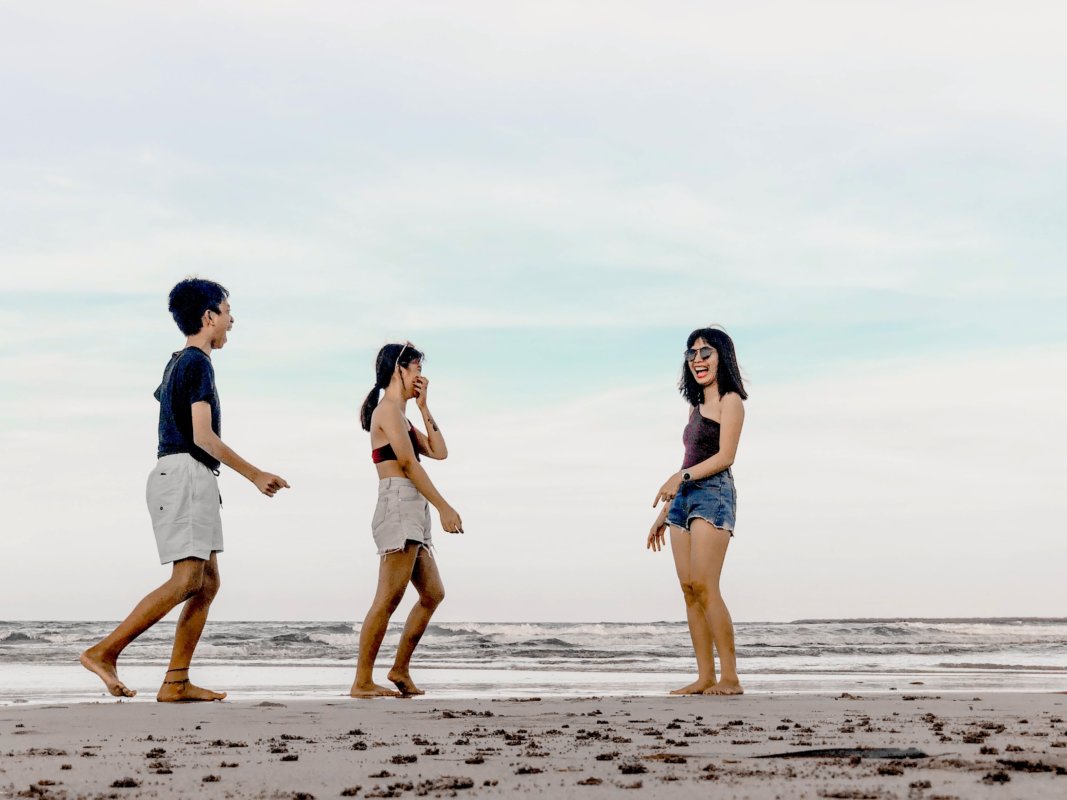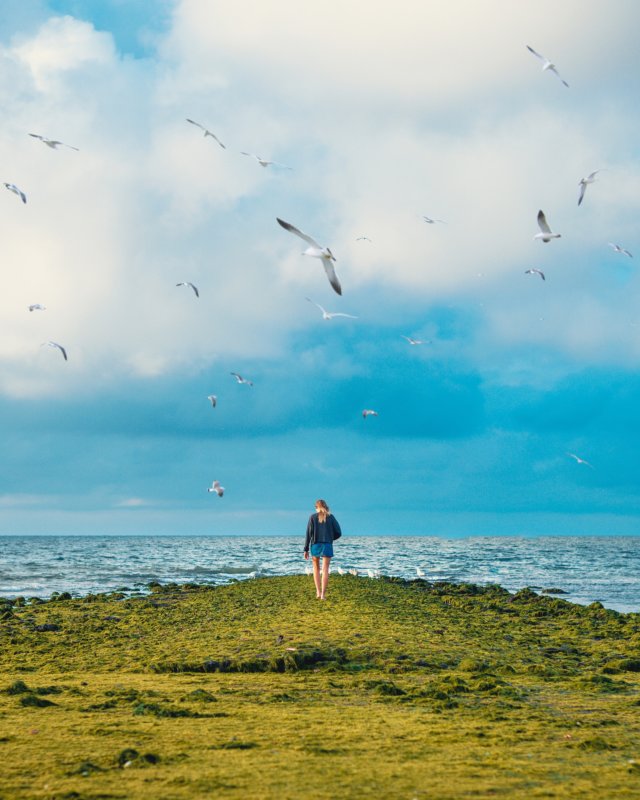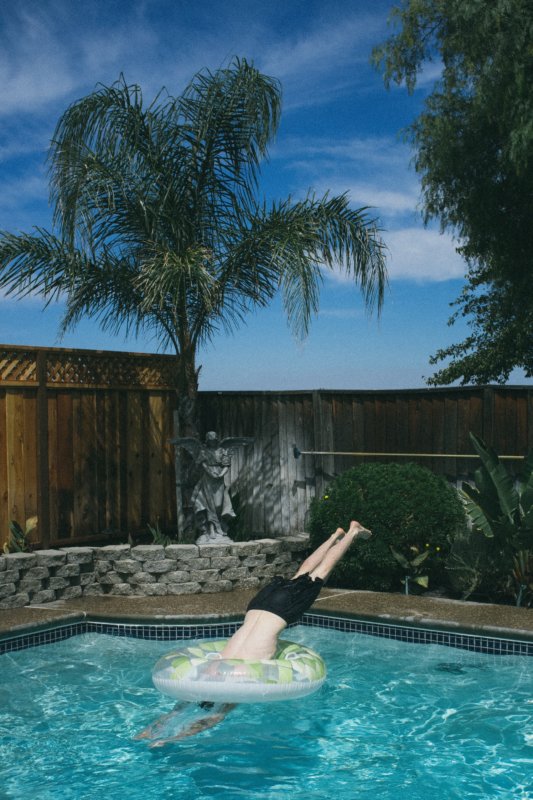Do we have a healthy culture of leisure and pleasure?
Pope Francis shared his Top 10 Tips for Happiness a few years ago.
“People need to be open and generous toward others.”
“Letting go of negative things quickly is healthy.”
“Live and let live.”
Another good tip is not trying to convince others of your thinking, including about our faith, religious, and moral beliefs.
Pope Francis’ tips for happiness probably won’t surprise many of you.
The one that I feel is underrated and under the radar is his call for a healthy sense of leisure, for more play. Pope Francis has said “consumerism has brought us anxiety.” His advice to parents is to turn off the TV at meal time and to play with your children. Healthy leisure is spending time with people and in nature and connecting with creation. For him, it is about feeling the joy of being God’s children, without feeling the need to be worthy. His invitation – “Everyone answer this question in your heart: How many beautiful things has God done for me?”
Leisure for many people is now a time for de-stressing or to veg and zone out. Or it is relegated to only specific times of the year such as the summer holidays or long weekends. Is your motto “Work Hard, Play harder”?
 If you look up the word “leisure” in the dictionary, it’s defined as time away from work, education, business, and domestic chores, excluding essential activities such as sleeping and for some, commuting. Interestingly, the roots of “leisure” are those from which we get words such as “learning” and “school”.
If you look up the word “leisure” in the dictionary, it’s defined as time away from work, education, business, and domestic chores, excluding essential activities such as sleeping and for some, commuting. Interestingly, the roots of “leisure” are those from which we get words such as “learning” and “school”.
Leisure is a form of that stillness that is necessary preparation for accepting reality; only the person who is still can hear, and whoever is not still, cannot hear. Such stillness is not mere soundlessness or a dead muteness; it means, rather, that the soul’s power, as real, of responding to the real — a co-respondence, eternally established in nature — has not yet descended into words. Leisure is the disposition of perceptive understanding, of contemplative beholding, and immersion — in the real.
Josef Pieper, Leisure: The Basis of Culture
And yet the ancients, such as the Greeks, knew the value of leisure and writers such as Josef Pieper remind us that leisure is the basis of culture.
Where is pleasure and leisure?
In today’s world of blurred boundaries and 24/7 connectivity, what’s left for leisure is shockingly scarce.
How well do people even know what is pleasurable? Or is it simply confused with something that gets them attention, appreciation, and applause? Do people make sure they make time to do what they actually enjoy? Without guilt or pressure? Because pleasure is an important element of leisure.
Part of what makes leisure and pleasure harder to come by is the pace we live by. It can be argued that FOMO may hedge some of us into activities to be accepted more than we would like to admit or realize. An overlooked part of the underlying mentality is scarcity. So many people hoard experiences, even if not pleasurable. This insatiability reflects a disconnection from nature and from who they are. Operating from this state, rather than abundance, life is not fully lived. Only toe-dipped.
We have been seeing an uptick on talking about pleasure. The relatively new lifestyle of a digital nomad. The Four-Hour Work Week. Healing through play. The many ancient ways to enhance female pleasure. Think jade egg. It reflects our desires for a live more well-lived.
An out-of-balance lifestyle is not new by any means. The distortions have only increased in our mainstream society. Far too many eek by, believing that doing more is the sure road to success. Is doing less, having more leisure and pleasure the answer? Of course that depends on a person’s definition of success. There are however benefits to healthy leisure, including enhanced immune system and self-esteem.
That’s for each of us to explore. You are your own lab and testimony, to build your own culture of leisure and pleasure. I recently saw the film Marianne and Leonard which showed how the pleasures of leisurely living on the Greek island of Hydra were far from healthy, when it is escapist or having creative production as the end goal, no matter the drug-fuelled means.
Getting more leisure and pleasure in your every day life:
- Schedule a day off. A day completely off work. This is the Sabbath; though you can still observe a day off even if you are not religious. Spend with family. Make a date with yourself. If you haven’t, try The Artist’s Way: A Spiritual Path to Higher Creativity. That’s correct, you don’t need to be an artist to benefit from this process.
- Go analogue and get off all devices – mobile, computer, tablets, TV… rediscover the slower pace, the simple pleasures and delights. Grab a nap, even. Doing nothing is perfectly fantastic. This is not the time to catch up your chores, or hitting the gym “for your health.” Drop all obligations here.
- Focus on one thing. Multitasking is less effective and less joyful than people think. So eat when eating. Walk, when walking. Read, when reading. Sink in and observe all the sensations within your body. See what arises and sit with it.
- Explore Pleasure Activism, also the title of Adrienne Maree Brown’s 2019 book. She outlines Pleasure Principles as – what you pay attention to grows; we become what we practice; yes is the way; when I am happy, it is good for the world; the deepest pleasure comes from riding the line between commitment and attachment; and make justice and liberation feel good.
- Take pleasure in your food. Focus on the sensations, even before placing a morsel in your mouth or taking a sip. Enjoy whatever you are eating. Let go of your judgment, about how healthy it is, how many calories there are…Do this with everything you consciously choose to do, participate in.
- Honour your body as the sacred temple of light that it is.
Some of these suggestions may not be pleasurable for you, in of themselves. Digital detox can be extremely uncomfortable and even harrowing for some people. Saying no to others to create space and time for yourself can feel so impolite and irresponsible. Seeking approval is so second nature that many people don’t realize the subtle ways this is happening. These are suggestions to reconnect with yourself so that you can re-discover what is pleasurable. To see how we have been conditioned into a suffering consciousness. Perhaps try this 30-day process to unwind some of the thinking we all have around responsibility.
It’s time to rediscover our own culture of leisure and pleasure and to rebuild a relationship with ourselves based on integrity and honesty.
Resources
Leisure : The Basis of Culture by Josef Pieper. Ignatius Press; First edition (October 1, 2009)Pleasure Activism by Adrienne Maree Brown. AK Press. (April 25, 2019)
The Psychological Benefits of Participation in Leisure Pursuits For adolescents by Caitlyn McKay. University of New Hampshire Scholars’ Repository. Download PDF.




